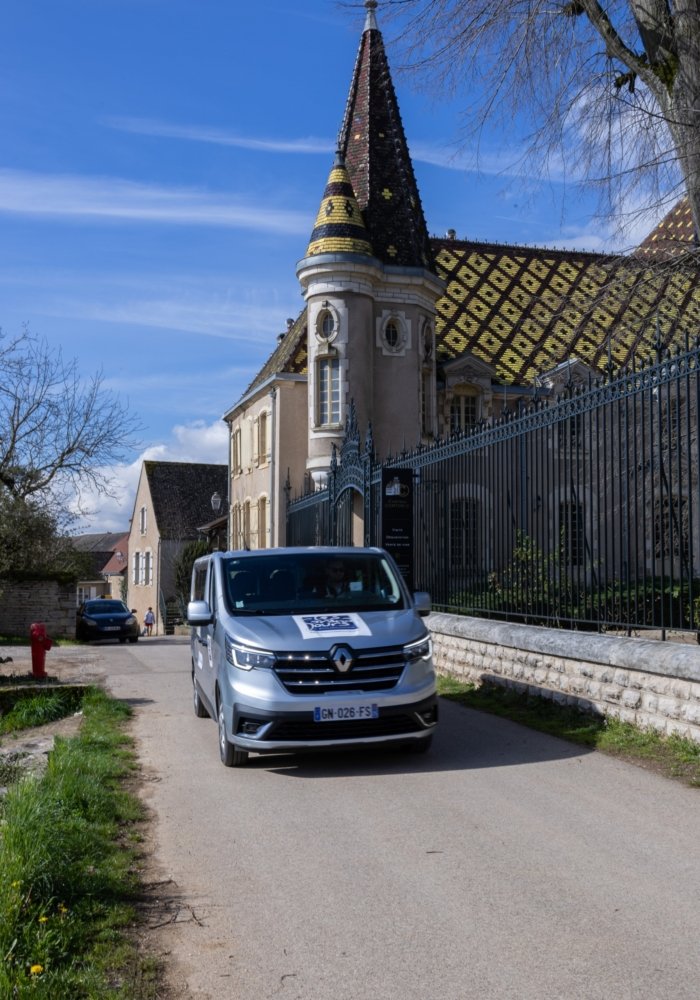Organizing a large-scale trade event inevitably has an environmental impact. Aware of this reality, we are committed to creating an event that minimizes this impact as much as possible.
Our approach is based on 2 main pillars: reducing our greenhouse gas emissions to the greatest extent possible, and offsetting the remaining emissions in a responsible and transparent way.
OUR COMMITMENTS
For several years, we have been working to reduce our carbon footprint through various initiatives, including:
- Sustainable and shared mobility, by encouraging train travel and carpooling, and by providing shuttle services (electric whenever possible) between the different event venues.
- Eco-conscious event organization, through the use of recycled or recyclable materials (for exhibitor signage, for instance), reducing the use of certain materials (such as carpets), storing and reusing reception stands and signage, and reusing bottles.
- Responsible catering, offering local, seasonal, and, whenever possible, vegetarian options.
This ambition can only be achieved collectively, and we are committed to raising awareness among both visitors and exhibitors.
In addition to these initiatives, we also promote inclusion through a partnership with a nearby ESAT (a French organization employing people with disabilities), which prepares the logistical kits for exhibitors (glasses, pouring caps, etc.) ahead of the event.
